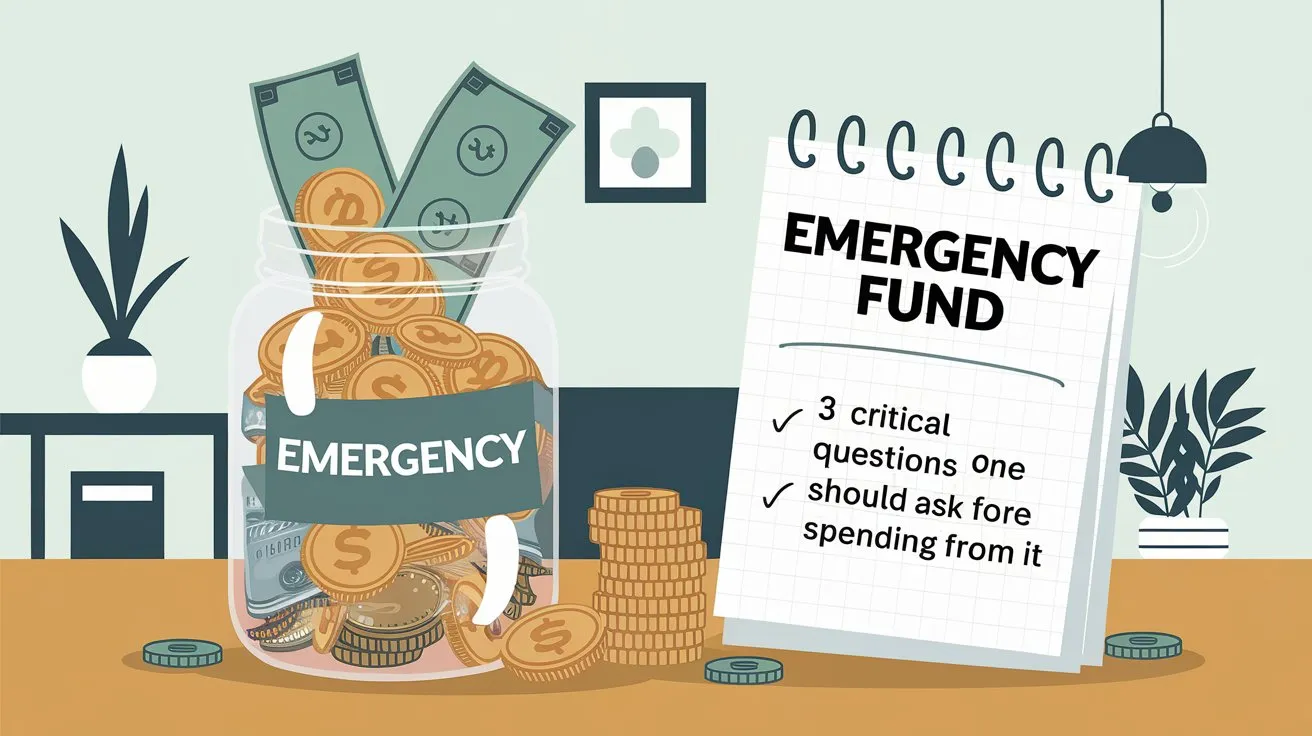Financial planning is a crucial aspect of life that everyone, regardless of gender, should prioritize. However, women often face unique financial challenges, making it essential to gather insights and advice from successful women who have navigated these paths effectively.
Here are 11 empowering financial planning tips that can help women achieve their financial goals and secure a prosperous future.
1. Understanding Financial Independence
Financial independence goes beyond having a stable income; it’s about having control over your finances. It involves understanding your expenses, income sources, and assets, enabling you to make informed financial decisions that align with your long-term objectives.
2. Setting clear financial goals
Setting achievable and well-defined financial goals is pivotal. Whether it’s buying a home, starting a business, or retiring comfortably, having specific targets motivates you to stay focused and disciplined in your financial planning journey.
3. Building and Maintaining an Emergency Fund
An emergency fund acts as a safety net during unforeseen circumstances. Aim to save at least six months’ worth of living expenses in a separate account to cover unexpected expenses without derailing your financial plans.
4. Investment Diversification
Diversifying your investments across various asset classes minimizes risks. Explore a mix of stocks, bonds, real estate, and other investment vehicles to balance potential returns with risk tolerance.
5. Creating a Budget that Works for You
Crafting a realistic budget tailored to your lifestyle and financial objectives is essential. Track your expenses diligently and allocate funds sensibly to cover necessities, savings, and discretionary spending.
6. Prioritizing Retirement Savings
Start saving for retirement early to benefit from compound interest. Contribute regularly to retirement accounts such as 401(k)s or IRAs, taking advantage of employer matches and tax benefits.
7. Educating Yourself on Financial Literacy
Continuous learning about financial matters empowers you to make informed decisions. Utilize resources, workshops, or courses to enhance your financial knowledge and make smarter choices.
8. Overcoming Gender Pay Gap Challenges
Acknowledge and address the gender pay gap by negotiating salaries, seeking promotions, and advocating for equal pay. Closing this gap positively impacts long-term financial planning and wealth accumulation.
9. Protecting Yourself with Adequate Insurance
Insurance safeguards your financial well-being. Consider health, life, disability, and property insurance to protect against unexpected events that could otherwise disrupt your financial stability.
10. Seeking Professional Financial Advice
Consulting a financial advisor or planner can provide personalized guidance aligned with your financial goals. Their expertise can offer clarity and strategies to optimize your financial planning.
11. Embracing Risk with Confidence
Taking calculated risks is an essential part of financial growth. Understand your risk tolerance and embrace investments or opportunities that align with your comfort level and long-term objectives.
How can I help women financially?
Helping women financially can be done through various means:
- Mentorship and education: offering mentorship, workshops, or educational resources to enhance financial literacy
- Micro Financing: supporting women entrepreneurs by providing access to small loans to start or grow businesses.
- Advocacy: supporting policies that promote gender equality in the workplace and ensure fair wages.
How can a woman manage her finances?
Women can manage finances effectively by:
- Budgeting: creating and sticking to a budget that accounts for expenses, savings, and investments.
- Investing: diversifying investments across different asset classes to build wealth over time.
- Seeking advice: consult financial advisors or mentors for personalized guidance and strategies.
What is financial freedom for women?
Financial freedom for women means having control and autonomy over their finances. It involves having enough resources, savings, and investments to support their desired lifestyle without being reliant on others.
How can a woman be financially secure?
To achieve financial security, women can:
- Build an emergency fund. Save money for unexpected expenses to avoid financial setbacks.
- Invest wisely: diversify investments and seek opportunities for long-term growth.
- Obtain insurance: Protect against financial risks through health, life, or property insurance.
How can women reduce poverty?
Women can reduce poverty by:
- Enhancing education: accessing quality education and skills training for better employment opportunities
- Entrepreneurship: starting businesses or ventures to create income and job opportunities.
- Advocacy: pushing for policies that address gender inequality and provide fair economic opportunities.
How can we reduce women’s poverty?
Reducing women’s poverty requires societal efforts such as:
- Economic empowerment: promoting equal access to education, jobs, and resources
- Social support: providing access to healthcare, childcare, and legal rights for women.
- Advocacy and awareness: raising awareness and advocating for policies that address gender disparities in income and resources
Which NGO is helping women financially?
Numerous NGOs are dedicated to helping women financially, including organizations like:
- Women’s World Banking: Providing financial resources and support to women-owned businesses
- Kiva: Offering microloans to women entrepreneurs globally
- CARE is focused on empowering women through education, entrepreneurship, and advocacy.
How can a single woman build wealth?
A single woman can build wealth by:
- Investing early and consistently: Utilizing investment vehicles like stocks, bonds, or real estate
- Budgeting and saving: managing expenses and setting aside funds for savings and investments
- Seeking growth opportunities: Pursuing higher education or acquiring skills to increase earning potential
How can a single woman build wealth?
- Real Estate Investment: Consider investing in real estate properties, as they can provide long-term value and potential rental income.
- Entrepreneurship: Starting a business in a field of expertise or passion can generate income and build assets over time.
- Retirement Accounts: Maximize contributions to retirement accounts like IRAs or 401(k)s to benefit from compound interest and tax advantages.
- Diversification: Spread investments across various assets to mitigate risks and optimize returns.
- Continuous Learning: Invest in self-education, attend workshops, or seek mentors to enhance financial knowledge and make informed decisions.
How can a woman manage her finances effectively?
Managing finances effectively involves several key steps:
- Budgeting: Create a budget outlining income, expenses, and savings goals to maintain financial discipline.
- Debt Management: Pay off high-interest debts systematically to avoid unnecessary financial burdens.
- Automate Finances: Set up automated transfers for savings and bill payments to ensure consistency and avoid late fees.
- Regular Review: Periodically review and adjust financial plans based on changing circumstances or goals.
- Emergency Preparedness: Build and maintain an emergency fund to cover unforeseen expenses without disrupting financial stability.
What are the challenges women face in achieving financial security?
Women encounter various challenges on the path to financial security:
- Gender Pay Gap: Unequal pay for the same work impacts long-term earning potential.
- Career Interruptions: Balancing career breaks for caregiving or family responsibilities can hinder income and career advancement.
- Limited Access to Financial Resources: Women may face challenges accessing loans or investment opportunities due to systemic biases.
- Retirement Savings Gap: Women tend to have less retirement savings compared to men due to various factors, impacting financial security in later years.
What strategies can women employ to overcome financial challenges?
To overcome financial challenges, women can implement several strategies:
- Negotiation Skills: Learn negotiation tactics to advocate for fair pay and benefits in the workplace.
- Continuous Learning: Stay updated on financial trends and strategies through courses, workshops, or reading materials.
- Networking and Mentorship: Connect with other successful women or mentors in similar fields to gain insights and support.
- Financial Planning: Seek professional advice to develop personalized financial plans aligned with specific goals and circumstances.
How can societal changes contribute to women’s financial empowerment?
Societal changes can significantly impact women’s financial empowerment.
- Policy Reforms: Implement policies promoting equal pay, parental leave, and access to education for all genders.
- Cultural Shifts: Encourage cultural changes that support women’s career growth and financial independence.
- Workplace Support: Provide flexible work arrangements and mentorship programs to foster career advancement for women.
- Financial Inclusion: Ensure equal access to financial services and opportunities, irrespective of gender, to empower women economically.
How can women invest in their education to improve their financial situation?
Investing in education can positively impact women’s financial situation.
- Skill Enhancement: Pursue education or certifications that enhance skills and qualifications in their respective fields.
- Career Advancement: Invest in courses or programs that lead to career growth and higher-paying opportunities.
- Networking Opportunities: Participate in educational forums, seminars, or workshops to network and access career-enhancing opportunities.
- Entrepreneurial Skills: Gain knowledge in business management or entrepreneurship to start or grow successful ventures.
Continuing education and advocating for equal opportunities play pivotal roles in improving financial prospects for women, empowering them to achieve greater financial independence and security.
Conclusion
Empower your financial journey with these 11 valuable tips from successful women who have navigated various financial terrains. By understanding the significance of financial independence, setting clear goals, and diversifying investments, women can confidently stride towards a secure financial future.
FAQs (Frequently Asked Questions)
1. What is the importance of financial independence?
Financial independence grants you control over your finances, allowing you to make informed decisions aligned with your goals.
2. How can I start building an emergency fund?
Begin by allocating a portion of your income regularly into a separate savings account dedicated to emergencies.
3. Why is investment diversification crucial?
Diversification spreads risk across various assets, reducing vulnerability to market fluctuations.
4. When should I seek professional financial advice?
Consider seeking advice when setting significant financial goals or during pivotal life changes to optimize your strategies.
5. How does overcoming the gender pay gap impact financial planning?
Closing the gender pay gap positively influences long-term financial planning by ensuring equal earning potential and wealth accumulation.
Empower yourself with these insights and embark on a journey towards financial success. Remember, the key lies in proactive planning, continuous learning, and adapting to financial changes to secure a prosperous future.

Karthick Raja, MBA, is a personal finance educator and HR professional with 10+ years of experience in Personal Finance ,taxation, payroll, and career development. He helps readers build wealth, manage money wisely, and grow professionally.





One thought on “11 Financial Planning Tips from Successful Women: Empowering Financial Advice for Women”